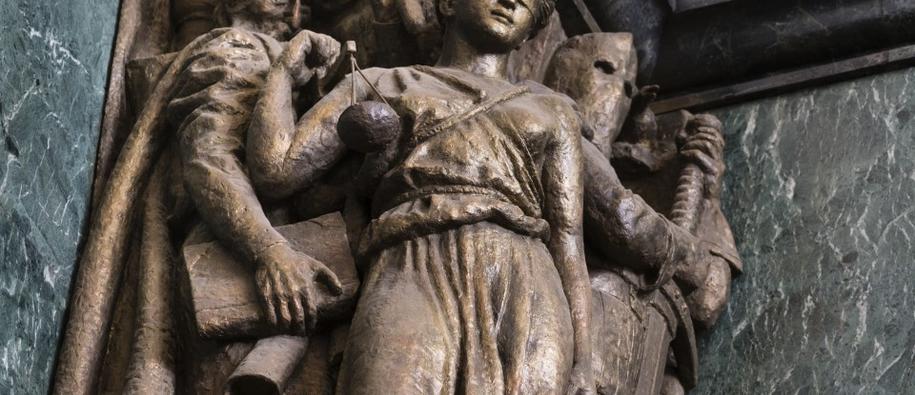
The Challenge
Lack of public trust in the judiciary is widespread due to excessive length of proceedings and chronic non-enforcement of judicial decision. Well-functioning justice systems are fundamental in democratic societies based on rule of law. The police and the judiciary services play an important role in guaranteeing basic human rights and freedoms, as well as protection from violence and discrimination. In addition to this social balance and investment, trade and economic growth rely on a sound, predictable and transparent legal environment.
Lack of trust
Trust in the judicial system is being challenged in many European countries. Improved judicial systems based on the rule of law are thus essential to regain public trust in the courts.
Inefficient procedures
Excessive length of proceedings, insufficient administrative capacity, lack of skills of the judiciary and poor management practices all contribute to the lack of trust.
Independence of the court system
Political interference, lack of transparency and accountability in the judiciary erode the integrity and the independence of the judicial system.
Access to justice
To ensure greater fairness in the court system, it is important that access to justice is equal for all, including for vulnerable groups, such as children.
Our Approach
Our goal
We aim to strengthen the rule of law in Europe.
How?
An independent and knowledgeable judicial system based on justice and human rights principles, efficient procedures and judicial decisions contribute to increased public trust in the judicial systems in Europe. Support in this area covers various initiatives, such as:
- Improving the efficiency of the judiciary by building administrative capacity, reviewing management practices and upgrading equipment.
- Training judges, lawyers, prosecutors and other legal professionals on the European Convention of Human Rights.
- Strengthening the justice chain by supporting cooperation and networking between institutions – including courts, prosecution, police and correctional services.
- Strengthened cooperation between civil society and the judicial system, for example through legal aid projects, child friendly justice and the rights of minorities
Creating partnerships
Sharing knowledge and experiences is crucial for strengthening the rule of law. Partnerships with entities from the donor states are strongly encouraged. The Norwegian Courts Administration is also involved as a donor programme partner in several countries, and can assist Norwegian entities who wish to participate as partners.
Some programmes in this area are implemented in cooperation with the Council of Europe, supporting European judicial culture through secondments of judges to the European Court of Human Rights (ECtHR) in Strasbourg or increasing the knowledge on relevant international legal instruments.



